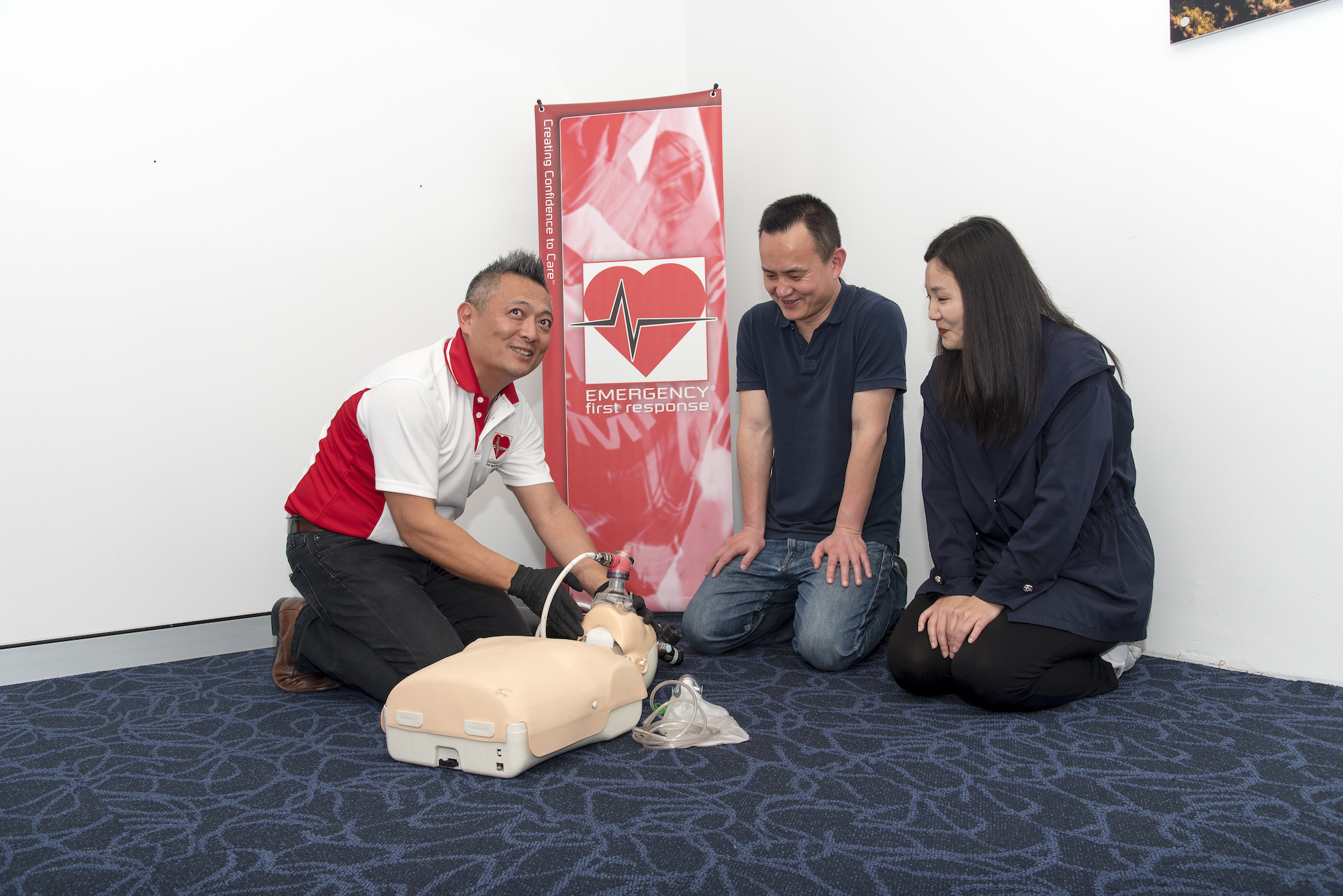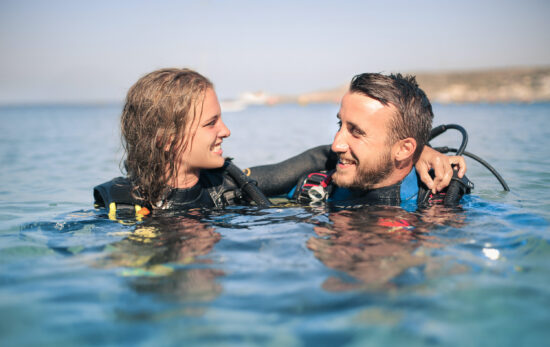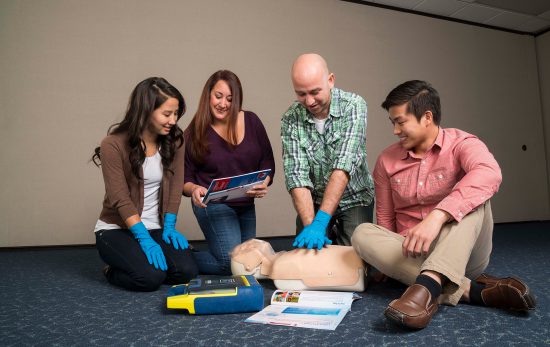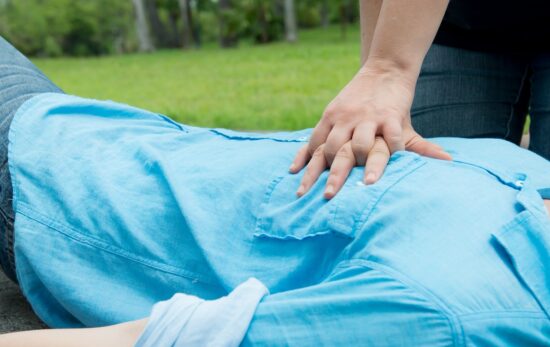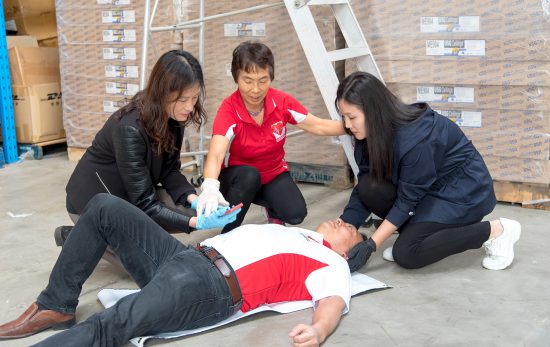The world is not always a perfect place and in an emergency situation, when life literally hangs in the balance, some people choose to do nothing because they fear being sued. In this article, we’ll discuss Good Samaritan laws and whether those fears are warranted.
In most states, provinces and countries, Good Samaritan laws protect bystanders who attempt to save someone’s life using CPR or an AED. To qualify for protection under a Good Samaritan law, the provider must:
– Ask permission (if the victim cannot reply, consent is implied)
– Act within the scope of their training
– Provide help voluntarily
Good Samaritan laws protect bystanders who step forward in an emergency situation to help, with no expectation of reward. In some areas, accepting a gift after the fact can negate the law’s protection. So it’s a good idea to refuse any form of gratitude beyond a simple, “thanks” in order to protect yourself.
Does your CPR training need to be recent to be protected?
In most areas, Good Samaritan laws protect bystanders who come to the aid of another whether their CPR training is up-to-date or not. That said, performing CPR correctly greatly increases the victim’s odds of survival so it is recommended to keep your training up to date with regular refresher courses, webinars or by watching the latest videos.
Gross negligence
Good Samaritan laws don’t cover actions beyond the scope of your training. For example, if an accident victim suffers a broken rib as the result of receiving CPR, it is unlikely the provider could be successfully sued. If that same provider tries to set a broken leg and s/he does not have medical training to do so, the victim may have grounds for a lawsuit.
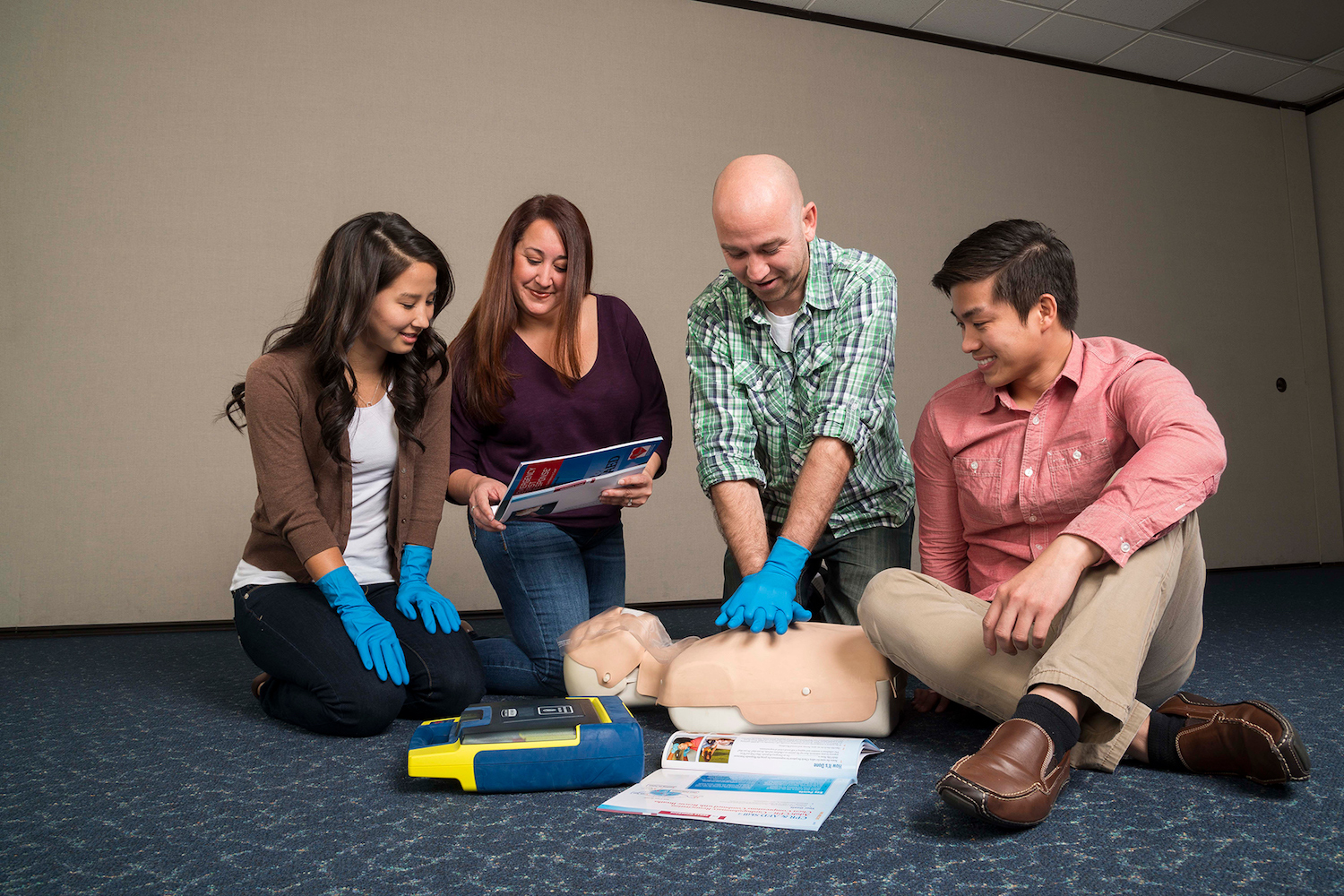
In some areas, the law requires you to act:
– In France, Germany, and Quebec, Canada, bystanders are legally obligated to provide aid.
– Good Samaritan laws in three U.S. States (Minnesota, Rhode Island and Vermont) require bystanders to provide “reasonable assistance” to someone in grave danger (reasonable assistance can be as simple as phoning 911). Vermonters face a $100 US fine for failing to assist someone in need, and in Minnesota it’s a petty misdemeanor to ignore someone in dire need of help.
Good Samaritan laws vary by state/province and country, and this article is not meant to provide legal advice. Wikipedia summarizes the good Samaritan acts laws in eleven countries including Australia, Canada, the United Kingdom, the United States and other countries. An internet search can provide additional information.
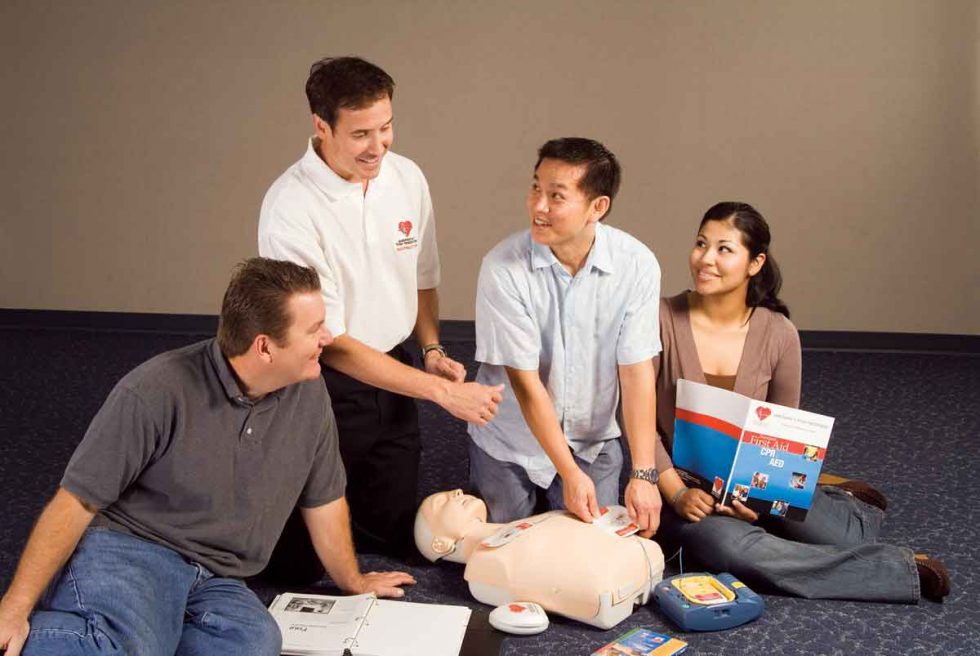
Contact an Emergency First Response© (EFR) Instructor to learn how to perform CPR, use an AED, or refresh your CPR skills. Every EFR course includes training on how to protect yourself and the victim, including: the right way to ask for permission, protective barrier use, and other essential skills.
Become an EFR Instructor
If EFR is something you are interested in, why not become an EFR instructor? The Emergency First Response courses provide a structured way to progress so you can start teaching too!
Learn more about CPR training from EFR courses up to Instructor levels. Or, visit our website to find a CPR instructor near you.
